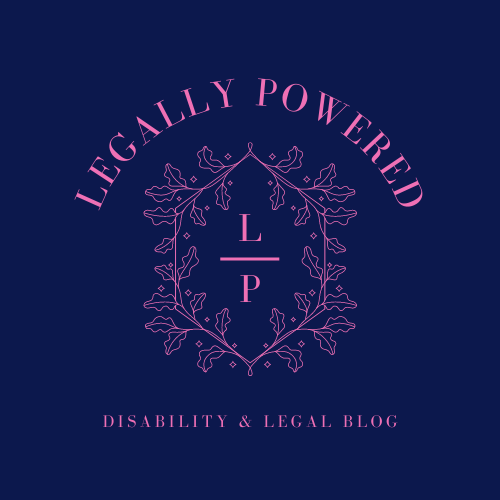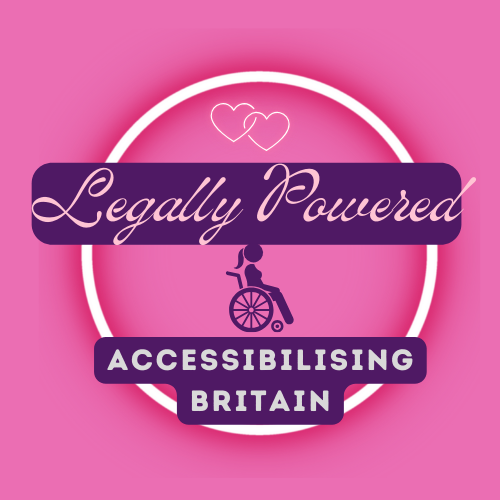Are We All Publishers Now?
The effects of Social Media Posting by the public on Journalists and Broadcasters.

The internet for many businesses has had a profound effect. It has allowed them to reach audiences across the globe that without the internet, they would have been lucky to reach an audience in the next town. However for newspapers and broadcasters, the effects are still unravelling.
There is now much more competition out there, and with more people able to just open up websites and start writing, are people starting to transcend the limits? Especially since the phrase “we are all publishers now “has started to be exercised.
Although, what does the phrase “we are all publishers now” really mean and is that saying really true? If it is, what are the legal implications for the everyday layman?
With the introduction of social media sites and blogs, what and where people write has changed. Before if someone had a news story they would pick up the phone to their local newspaper. These days, individuals, pick up their phone, tablet, computer and take to the internet, impatient to tell the world their news.
As Scott Gant published in his book ‘We’re All Journalists Now’ the American dictionary, nor does the English, give us a clear definition of what is a journalist. Does someone have to be paid for their work to qualify, and is there a standard to their work? Again as he says why does a one type of publication qualify but not another.
Blogging is another means of distributing news that is starting to hit the internet in a big way but by definition are these writers’ journalists? All the influential people have a blog. Most businesses now have a blog page. It is how people convey their news and messages to people. Vlogging is the latest craze in which news stories are filmed.
However, there are legal implications to this. Do ‘everyday’ people really know the law and the rights and wrongs behind what they are doing?
The saying ignorance is no defence of the law is the first thing they teach you at law school, but for individuals posting up information that could be infringing people’s privacy, reporting on a court case that is currently half way through a trial, exposing a defendant during a rape trial or worst the victim or defaming a business man, do they really know that these things are legally wrong?
They think they are doing things in the public interest, but surely these individuals should suffer the same consequences as a journalist or publisher would if they released it in a newspaper or broadcast?
There needs to be a clear definition of what can and cannot be shared on social media sites, in order to make it a fair playing field. Newspapers and Broadcasters are both being affected with sites such as YouTube, TikTok, Instagram, Twitter, and Tumblr, battling to get to news stories first and break them before members of the public do.
Two major companies that have profited from ‘everyone’ being a journalist is giants Google and Facebook. An article published in the PressGazette in 2017 set to start a petition on the Doupoly campaign to help the UK’s journalistic economy from breaking.
Both business giants, made money from advertising campaigns and we are not talking pounds and pence here. Between them they are expected to be coining near 70% of the advertising market according to OC & C who are compiling a report on UK advertising. The campaign is also looking at fair policies for journalists.
With the creation of Facebook, more and more people are now sharing news around the world through this social media platform. With this news comes photos. In the past photo journalists would make money by selling these photos. Most individuals are unaware that these photos are copy-written and what they are doing is breaking the law.
The campaign also wants business giants to crack down on fake advertising and finally the big one, the legal responsibility. Journalists are covered under many laws and these companies should face the same penalties should they break these laws. They need to make sure the advertising campaigns they run are not fake nor is the news they are allowing individuals to publish.
Without a clear definition of what journalism is, it is difficult to determine when people are writing and sharing their stories and photos on Facebook, Twitter, Instagram or sharing their videos on YouTube or TikTok, if this constitutes, journalism.
However, people need to be aware, that the media and broadcasters out their working, portraying the correct stories, don’t do it for the money, they do it as a service to the public. They do it so everyone can get the correct information and make an informed decision from that.
Yes maybe a few ‘journalists’ forgot that on the way, but if we forget the traditional newspapers and broadcasters in all of this, the way news is portrayed is changing and it has to be asked if the information given to us by everyday public, is something that can be trusted?
And by definition, if “We are all publishers” then we need to start taking responsibility for the information we post.

